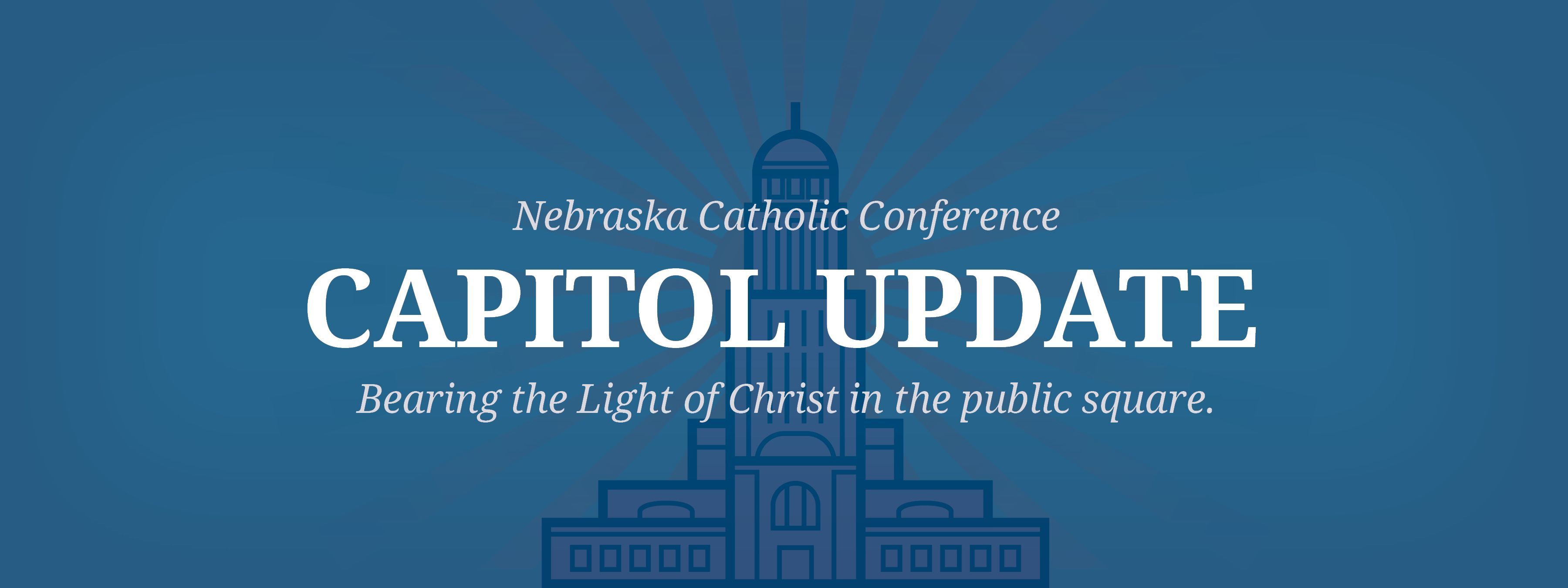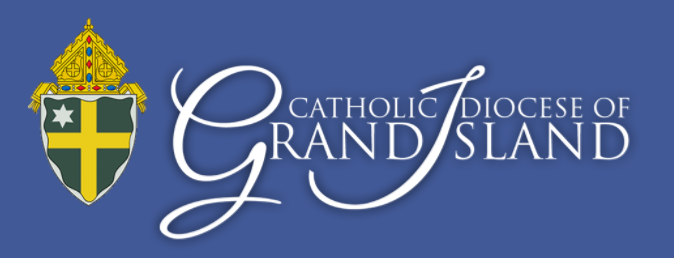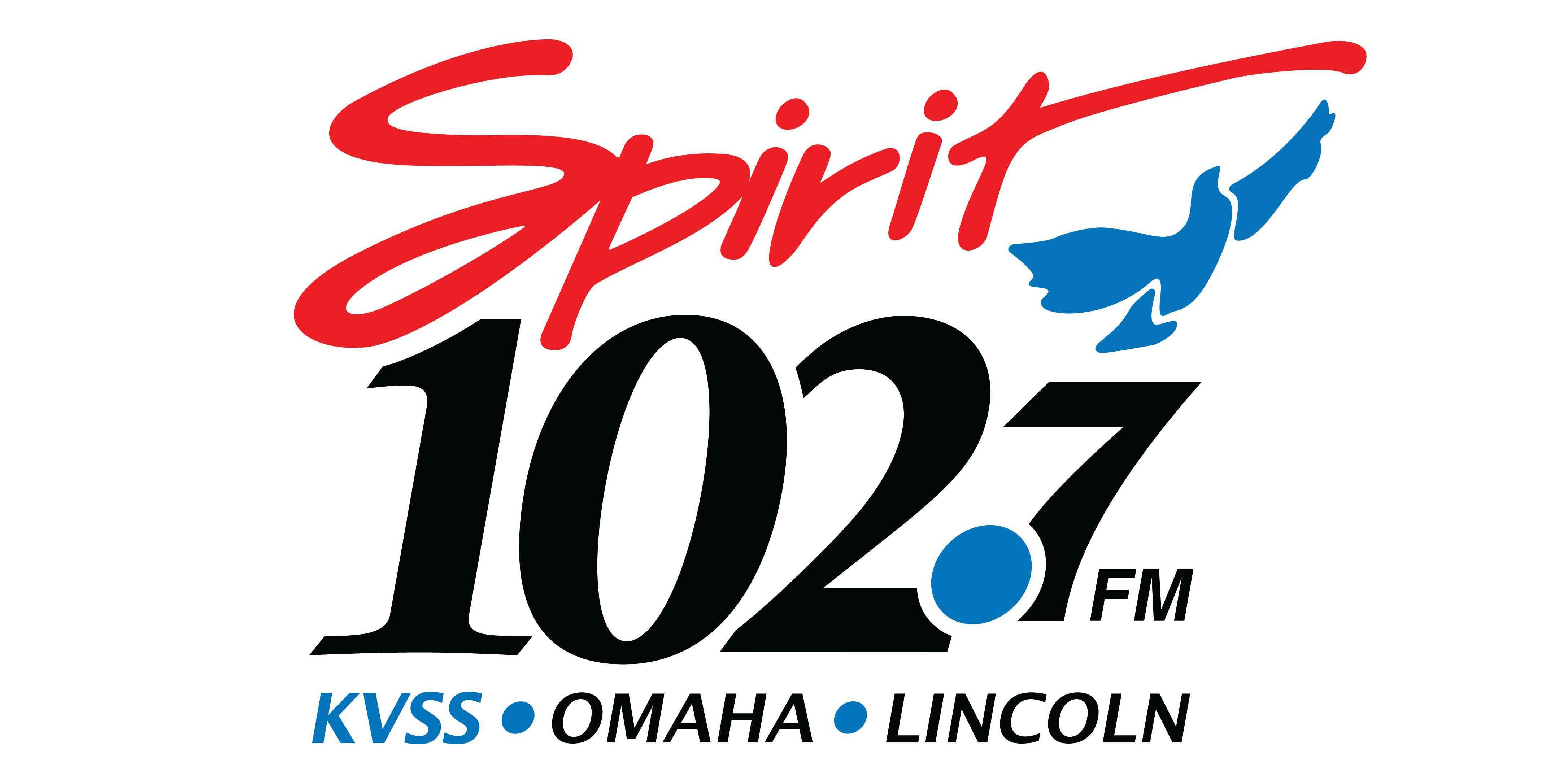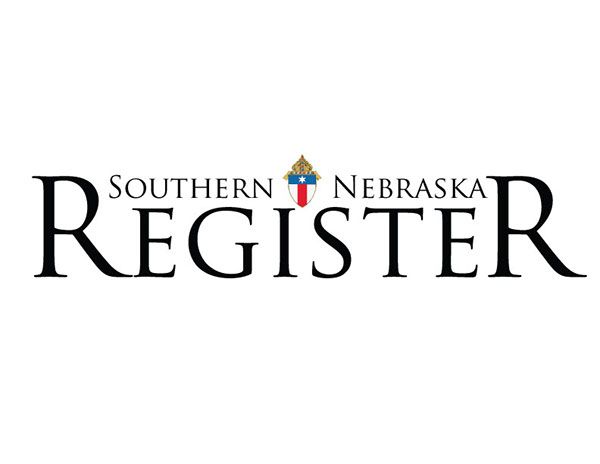Friday, 21 July 2017-
Baby Charlie Gard has been in the international media spotlight for several weeks. His medical situation is tragic. The tragedy is compounded by ongoing legal battles over Baby Charlie’s medical care. While Baby Charlie’s situation is unique, it is representative of other healthcare decisionmaking experiences, including those occurring in the context of physician-assisted suicide.
Underlying these medical-legal realities is the question: what constitutes ethical healthcare decisionmaking? This question invites and demands knowing and acting on fundamental principles accessible to us both as a matter of human reason and Christian faith.
Primarily, human life is a gift from God and the right to life is our first, most basic right. Inevitably, the journey of life involves suffering and death. But, this experience of suffering and death can take a “positive and distinctive meaning through the redemptive power of Jesus’ suffering and death,” as stated by the USCCB document, “Ethical and Religious Directives for Catholic Health Care Services.”
When faced with a healthcare decision two extremes must be avoided: 1) intentionally causing death; and 2) employing useless or burdensome technology even when a patient may legitimately wish to forego it.
The first extreme means avoiding euthanasia and assisted suicide. Euthanasia occurs when an act or omission causes a person’s death under the pretense of relieving suffering. Assisted suicide occurs when another person provides the means or assistance by a which a person commits suicide.
The second extreme—avoiding excessive intervention—involves seven key principles. These principles should be considered together and, oftentimes, may require consultation from experts, such as medical specialists, ethicists, and pastors.
First, responsible stewardship of the gift of life does not mean that all possible treatments, procedures, or interventions must be used in all circumstances.
Second, we are morally obligated to use ethically ordinary means to prolong life. For example, the restoration of health may require that we undergo a certain surgery.
Third, we are not morally obligated to use ethically extraordinary means to prolong life. An ethically extraordinary means of healthcare may be useless and offer no reasonable hope of benefit. It may also involve burdens that are disproportionate to the expected outcome, which is to be judged from the patient’s perspective and, secondarily, from the family’s or community’s perspective. Examples of ethically extraordinary healthcare may include those that create severe physical pain or disabling effect, generate excessive expense or risk, or instill intense fears or repugnance.
Fourth, withholding or withdrawing ethically extraordinary medical interventions is not suicide or euthanasia. This principle is, often, the most difficult to personally incorporate, as we can feel the need to do “everything” to keep a loved one alive.
Fifth, no category of individuals (e.g., elderly, disabled) can be classified as not suitable for medical interventions which extend life. Likewise, it is not possible to classify a given medical intervention as always, and in all circumstances, ordinary or extraordinary.
Sixth, nutrition and hydration should be provided as part of a patient’s normal care, even when the assistance of medical technology is necessary—unless or until the benefits of such provision are clearly outweighed by the burdens or are clinically useless (e.g. inability to assimilate; imminence of death). Normal care includes providing basic needs (e.g., food, water, cleanliness). Further, being in a persistent vegetative state, by itself, is not sufficient reason for withholding or withdrawing artificial nutrition and hydration.
Seventh, each person has a right to make his or her own healthcare decisions. Each person may designate another person to make decisions in case of incapacitation. Also, any directives for medical decisionmaking must reflect Christian teaching and moral principles. Advanced healthcare directives, depending on state law, can be a living will, a healthcare power of attorney, or a written combination of the two.
More Info. As noted earlier, arriving at ethical healthcare decisions can be difficult. This may require consultations with experts, like a diocesan moral theologian, medical experts, or the National Catholic Bioethics Center. For some more information about ethical healthcare decisionmaking and for sample advanced directive documents, visit necatholic.org and click on the ‘Resources’ tab.
If you think your parish would benefit from an “End-of-Life Decisionmaking” parish presentation, contact the Nebraska Catholic Conference at 402-477-7517.
Posted on Fri, July 21, 2017 by Tom Venzor







